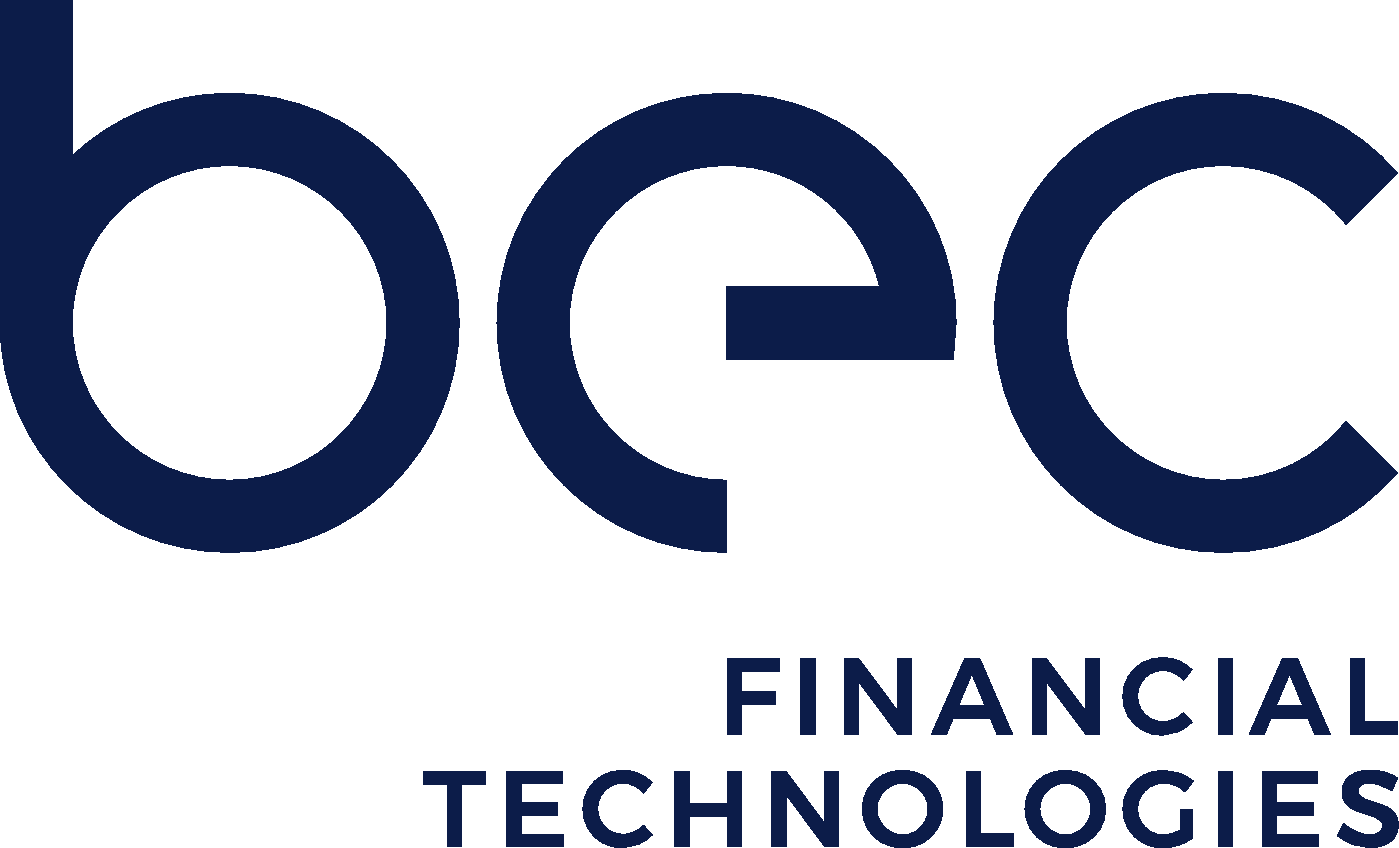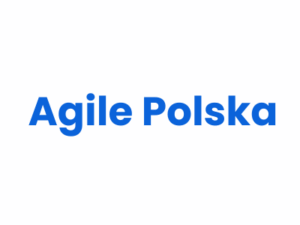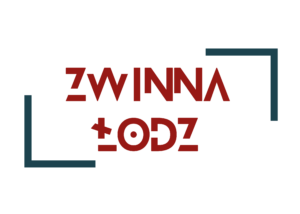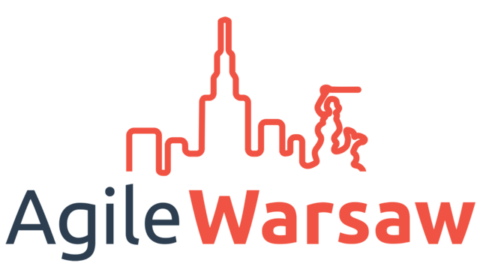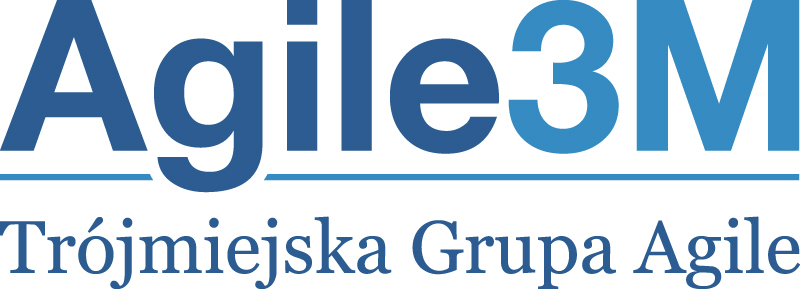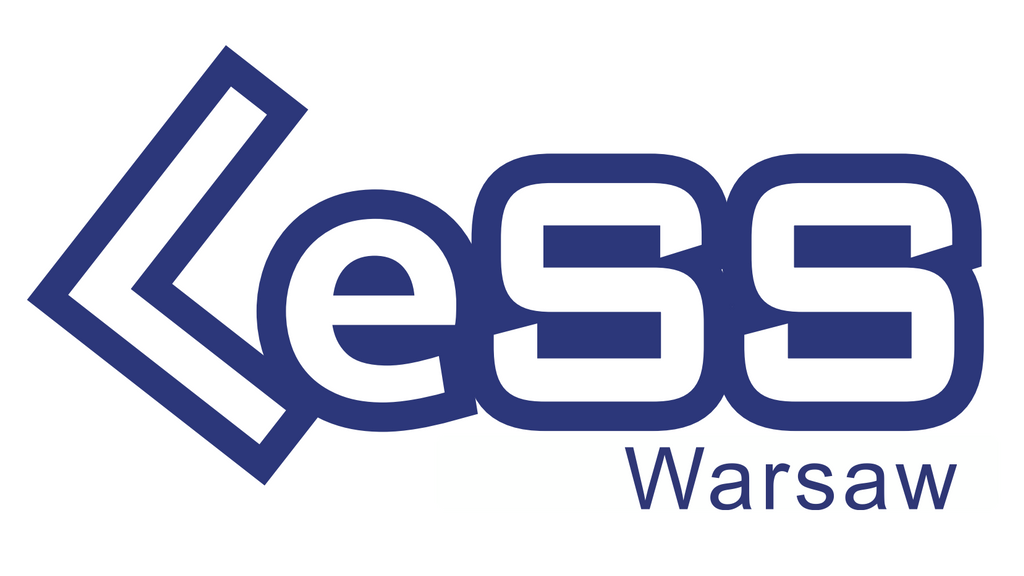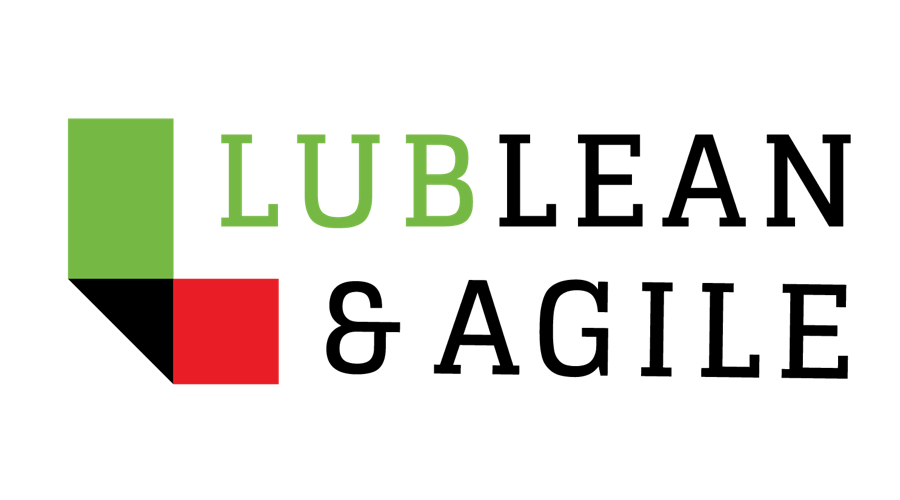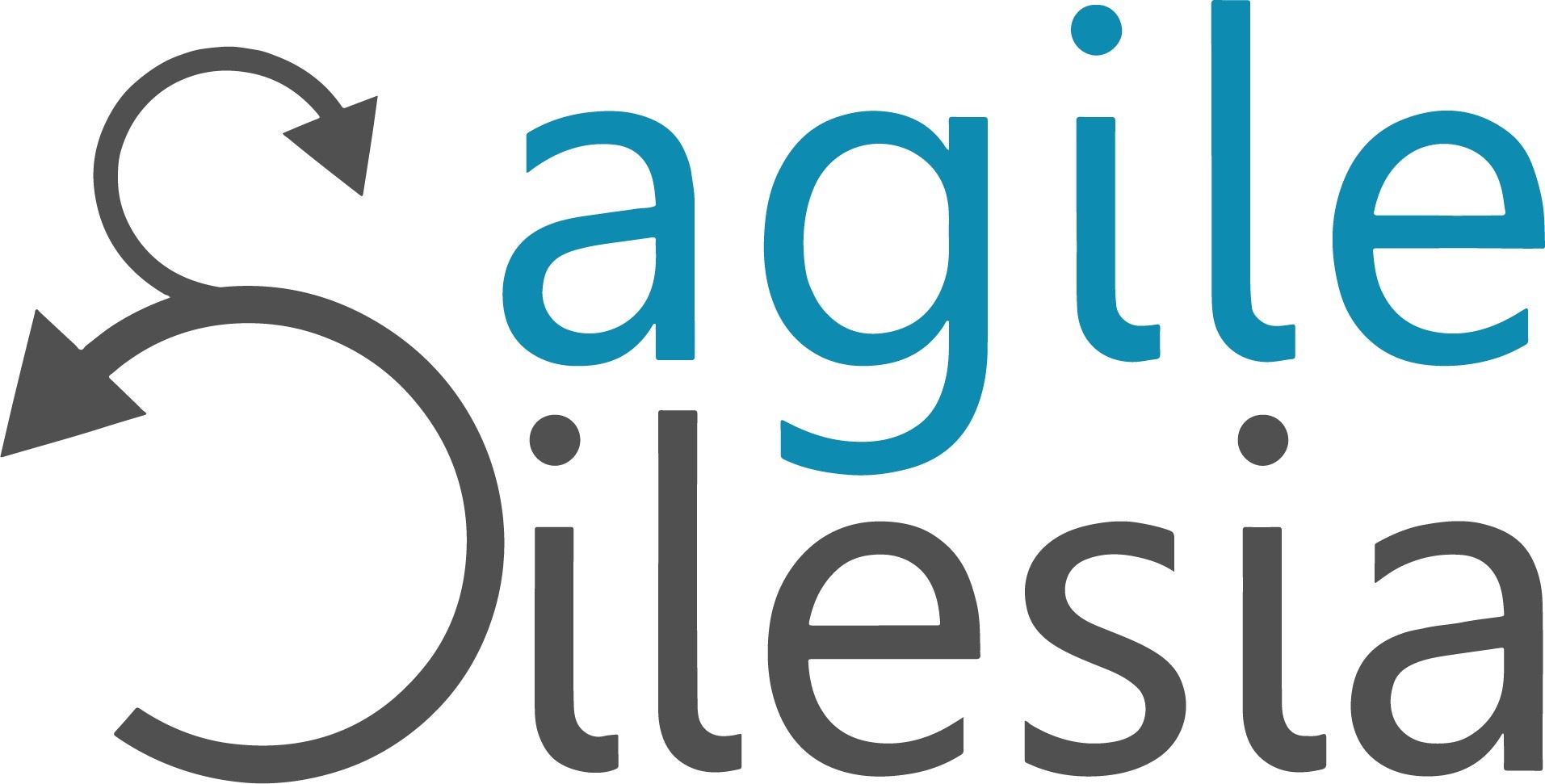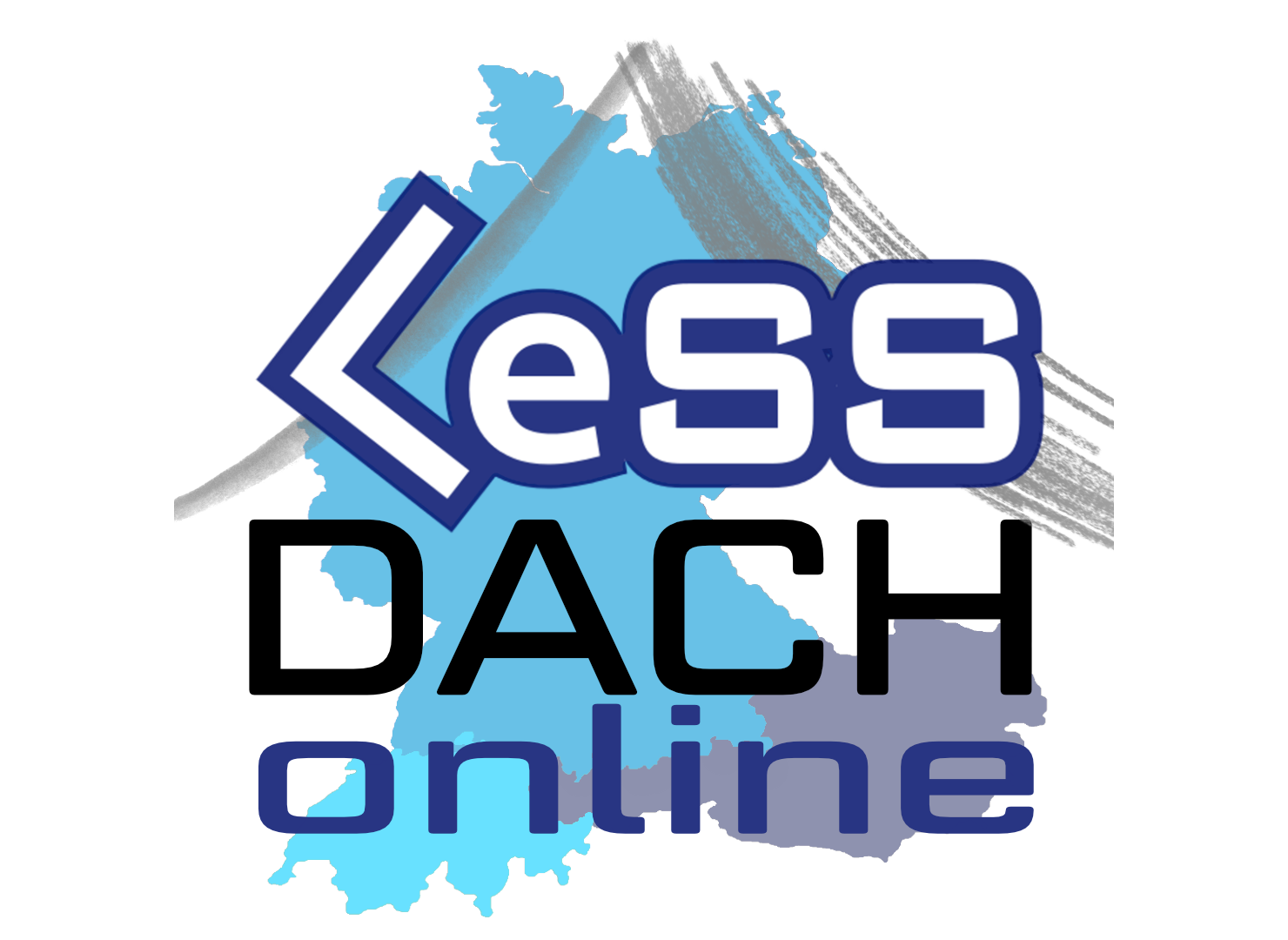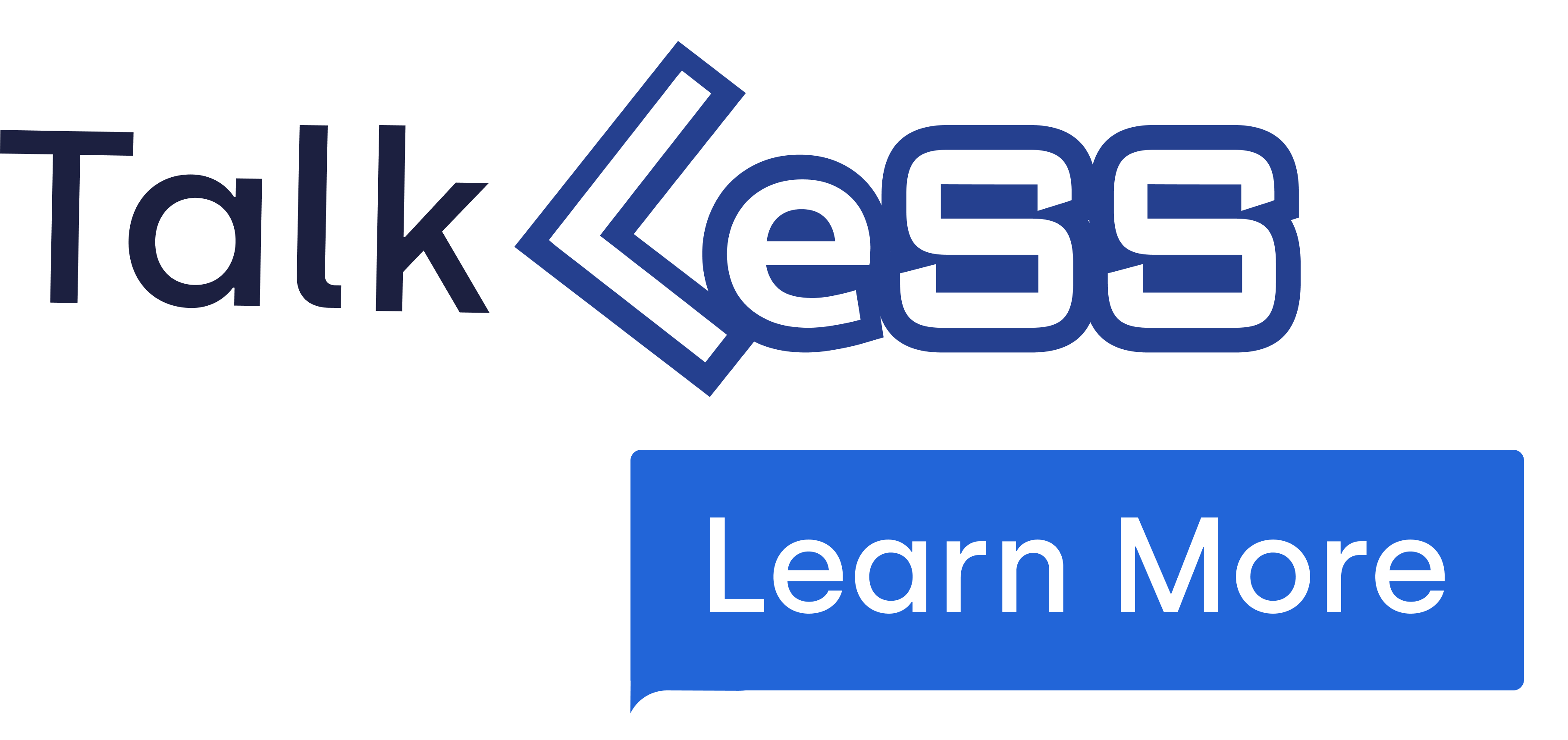
Multi-team Product Development Conference
November 17, 2025 | Warsaw
Unveiling LeSS:
Scaling Agile for Simplicity and Success
Join us at the Talk LeSS conference to delve into Large-Scale Scrum (LeSS), an agile framework designed to bring simplicity, flexibility, and efficiency to the world of scaled Agile development. LeSS provides practical strategies for larger organizations to foster collaboration, and deliver value at scale.
Discover streamlined Agile approaches at our conference to boost organizational agility. Learn to simplify complexity in large-scale product development and enhance team empowerment. Gain insights from successful case studies on the LeSS framework, and leave with effective strategies for better performance and quicker market delivery. This essential event is your key to driving real change in Agile implementation at scale.

Learn from experts:
Gain practical insights through case studies, workshops, and keynotes.

Network:
Connect with Agile and LeSS professionals from diverse industries.

Ask the experts:
Get personalized guidance and advice from LeSS coaches.
Explore real-world examples:
See how LeSS enhances agility and reduces complexity.
Registration closed
All tickets are sold out and registration is now closed.
We’re looking forward to welcoming participants this Monday, November 17 at Talk LeSS 2025 in Warsaw.
👉 Missed this year’s edition?
Stay tuned — we’ll be back in 2026.
Talk LeSS 2025 Speakers
Gojko Adzic
Software Development Expert | Entrepreneur
Viktor Grgic
Organizational Design Coach
Jan Pastwa
Senior Product Manager @ Allegro
Ewa Koprowska
Continuous Improvement Manager @SmartRecruiters
Paul Klipp
Coach
Kasia Mrowca
Director of Product Management @Bain & Co
Maciej Sochan
Product Value & Operations Lead, @G2A.COM
Krzysztof Niewiński
Transformation Manager @G2A
Tomi Krężelewski
COO @ FibriTech
Agenda
9:00-9:40
Registration
9:40-9:55
Opening
9:55-10:55
Why and how to avoid “product discovery” activities without teams?
Viktor Grgic
Talk Description
There is an assumption in product development that there must be some form of product discovery and/or preparation before “work” goes to teams. Hence, the assumed need for product discovery vs delivery processes. E.g. double diamond discovery process and division between so-called product folks and engineering.
In this talk, I will show you why the double diamond and the related division between discovery and delivery is harmful, and with stories and practical advice give alternatives.
10:55-11:15
Break
11:15-11:50
How to Remain Adaptable to Change Without Losing Clarity of Purpose?
Ewa Koprowska
Talk Description
Most organizations face he same dilemma: they want to stay responsive and agile in the face of change, while also maintaining clear direction across teams. They also struggle with giving teams autonomy without losing organizational coherence. Govern Agility proposes five stanchions — conductive leadership, sensible transparency, patterns of work, data-driven reasoning, and humanity as a cornerstone — to help organizations design governance that supports both adaptability and clarity. In this session, I’ll show how each stanchion works as a practical design lens for shaping governance — not as abstract values, and certainly not as a framework. Through stories of transformations in banks, insurers, and scale-ups, you’ll see both the benefits and the traps of each stanchion.
You’ll also get a preview of a free governance maturity assessment — a tool designed to help teams reflect on their current practices and identify areas for improvement across all five stanchions.
11:50-12:25
Deconstructing Allegro: A Case Study in Large-Scale Product Management.
Jan Pastwa
Talk Description
Allegro is Poland’s largest e-commerce platform, serving millions of users with a vast, ever-evolving product. In this talk, I will pull back the curtain on how we manage this complexity without drowning in bureaucracy, or worse doing organized project management. We’ll dive into our organizational structure, where autonomous product teams own both discovery and delivery. I will demonstrate how this model works in empowering teams, and by this, delivering value. Finally, I will share the key pillars I believe are essential to maintaining this type of agile culture at scale.
12:25-13:00
More with LeSS: The G2A way
Krzysztof Niewiński, Maciej Sochan
Talk Description
The talk explores how we shifted from a fragmented approach that encouraged local optimization and task-driven development to a unified system that enables business agility. We’ll demonstrate how our implementation of LeSS and a single Product Backlog fundamentally changed the way we prioritize work, make decisions, and measure success at G2A.
13:00-14:00
Lunch
14:00-14:35
Objectives, Key Results & Other Fairy Tales
Tomi Krężelewski
Talk Description
Because not every story has a happy ending… but some have.
Behind every OKR there’s a story. Some spark focus, alignment, and growth. Others quietly drift into chaos, bureaucracy, or wishful thinking. In this talk, we’ll open that black box — exploring how the same framework can turn into rocket fuel… or a cautionary tale
14:35-15:10
Beyond Teams: Hacking the System for True Enterprise Agility
Paul Klipp
Talk Description
Agile transformations often focus on team-level practices like Scrum and Kanban. But even high-performing teams cannot overcome systemic barriers to faster, more predictable delivery. In this talk, I challenge the assumption that team “best practices” alone drive enterprise agility. Drawing on systems thinking, I’ll illustrate how organizational structures, upstream and downstream dependencies, and management behaviors often undermine team effectiveness.
Through real-world examples from my 25+ years in the field, I’ll share practical strategies for hacking the system, optimizing how teams work within constraints, addressing sources of delay and volatility, and nudging organizational behavior toward more predictable outcomes. Attendees will leave with actionable ideas for influencing change beyond the team level, even when they do not have executive authority, for better or worse.
15:10-15:45
Strategic Agility in the Age of AI: Accelerating Multi-Team Product Experimentation
Kasia Mrowca
Talk Description
Discover how AI is redefining the future of product strategy in large organizations. This session reveals how rapid, AI-driven experimentation can unlock faster insights, sharper customer alignment, and bold new opportunities — while tackling the critical challenge of balancing speed with governance and long-term sustainability. Join us to explore how to turn AI into a true strategic advantage.
15:45-16:05
Break
16:05-17:05
Lizard Optimization: What happens when your product suddenly grows 500x in a year?
Gojko Adzic
Talk Description
Lizard Optimization is a way to gain deep understanding of underserved customers by mixing exploratory testing, observability and product experimentation. This talk is a quick overview of the Lizard Optimization process, with a case study of a product where it helped unlock 500 times (not percent) growth year-on-year. Learn how to steer your product growth gently without overcomplicating delivery and focusing on value, and how cheap and dirty observability can provide the necessary information to make informed decisions, understand your audience better and improve your products.
17:05-17:15
Closure
17:15-22:00
After-party!
Venue
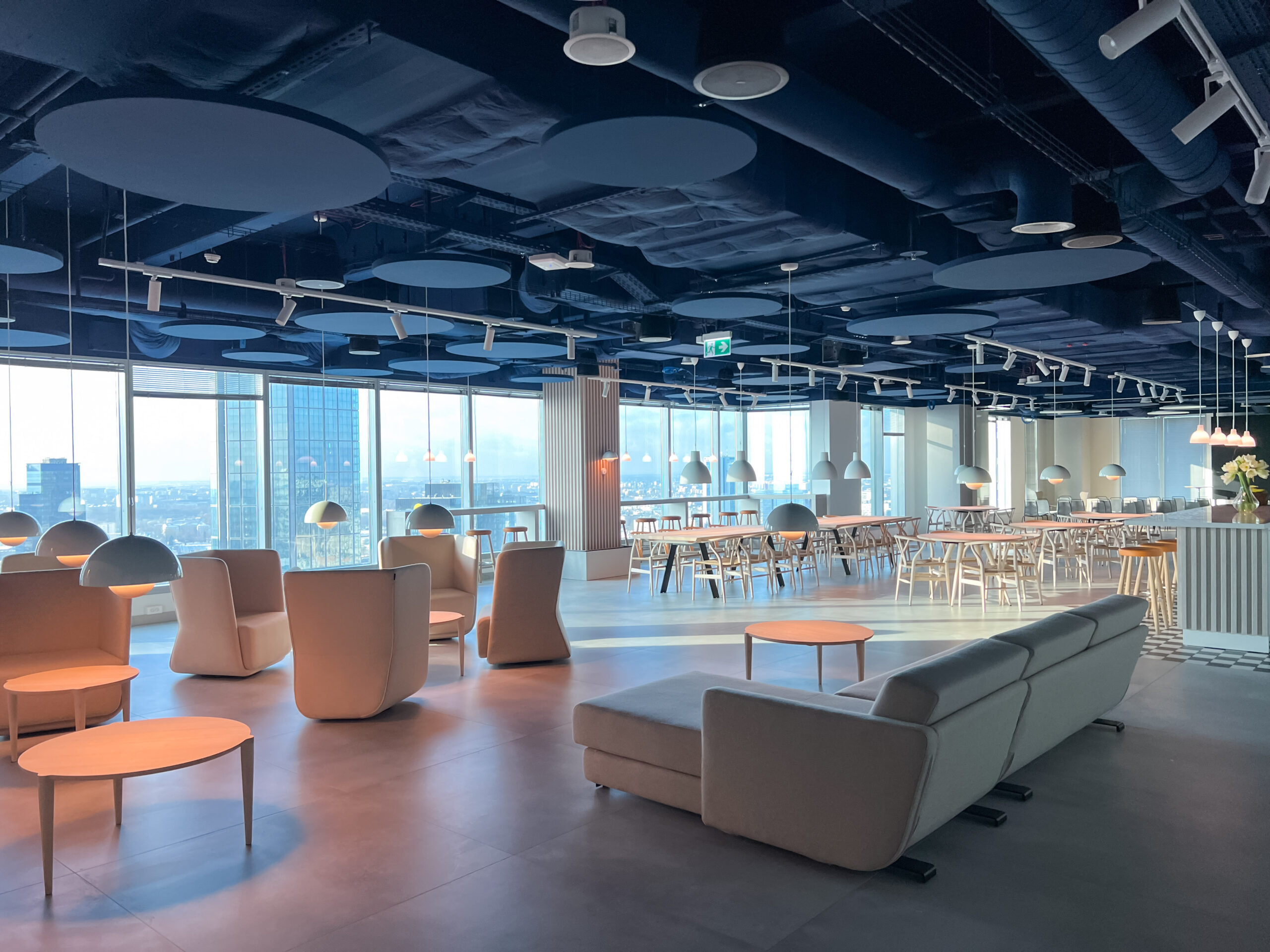
BEC Financial Technologies
Warsaw Financial Centre
Emilii Plater 53
00-113 Warsaw, Poland
TalkLeSS 2024 – Highlights You Can’t Miss!
Explore Past TalkLeSS:


Unsure if this conference is right for you or have questions?
Don’t hesitate to reach out to us!
+48 881-300-593
office(at)procognita.com
Please contact us:
ul. Narzymskiego 15
31-463 Krakow, Poland
+48 881 300 593
office(at)procognita.com
Terms and Conditions
© ProCognita 2010-2025 all rights reserved

